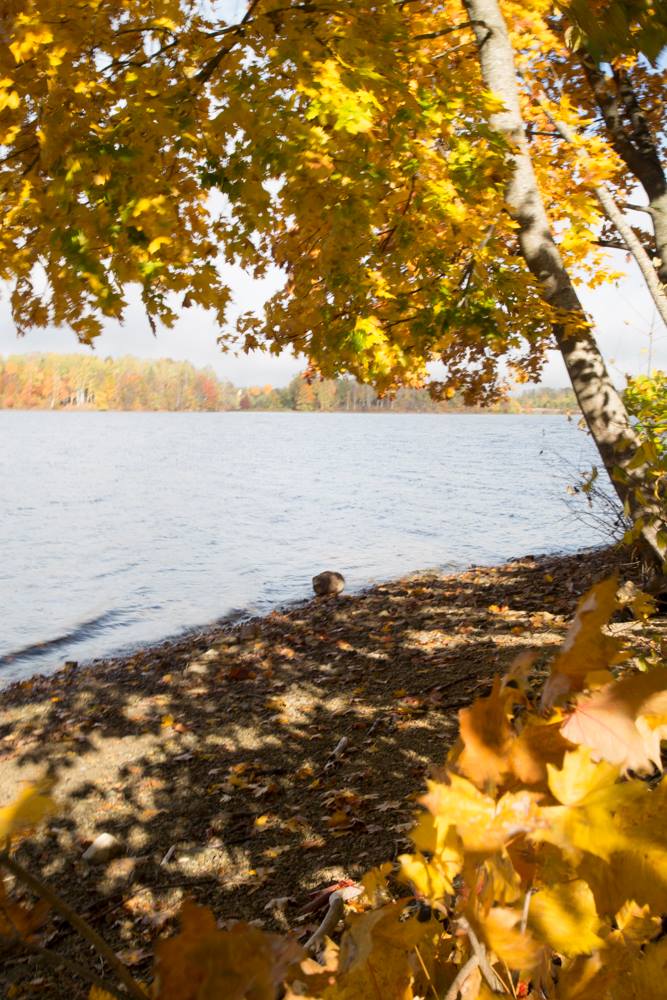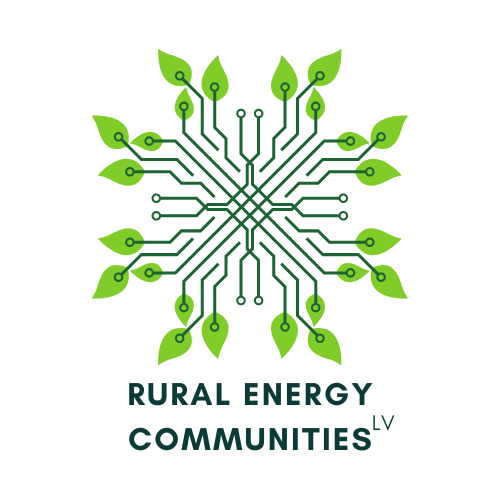Catalysing and building capacities for renewable energy communities in rural Latvia
Keywords: citizen energy, climate protection, resource conservation, environmental communication, environmental technology, capacity building, networking, energy community, rural regions, knowledge transfer
Subject and goals of the project
In Latvia, energy communities, including Renewable Energy Communities (RECs), are still almost non-existent or at an early stage of development. This applies in particular to the rural areas outside the capital Riga. On the other hand, there is growing interest from rural communities, non-governmental organizations, SMEs, political and other actors in establishing such communities.
In addition, policy makers in Germany and Latvia face the common challenge of fully implementing the provisions of the Renewable Energy Directive and, in particular, creating a supportive regulatory framework for RECs. In both countries, there is also a lack of concrete legal norms that regulate the joint use of energy when using the public grid – i.e. the possibility of using and sharing the electricity generated within a specific energy community by its members. On the other hand, there have recently been some positive developments in both countries – for example, the Solar Package I in Germany introduced shared building supply; in Latvia, too, new regulations for so-called active customers and energy communities came into force in January 2024, which concern, among other things, the shared use of electricity.
The project “Catalysing and building capacities for renewable energy communities in rural Latvia” therefore aims to promote the development of renewable energy communities, particularly in rural regions of Latvia. The project aims to initiate dialog, mutual knowledge transfer and cooperation between political decision-makers and other relevant stakeholders in Schleswig-Holstein and Latvia. Furthermore, capacity development and networking in the rural regions of Latvia are to be strengthened.
The project pursues an integrated approach on 3 levels:
- At macro level (i.e. at transnational and state level), a policy dialog and study visits should take place, particularly in the context of policy development and implementation.
- At the meso level (i.e. at the level of the so-called planning regions in Latvia), relevant positive examples as well as regional awareness-raising, networking and capacity development measures are to be developed, and regional task forces, ambassadors for energy communities and train-the-trainers workshops are to be established.
- At micro level, the establishment of an energy community is to be initiated in a pilot community.
Innovation and exemplary nature of the project
In Germany, energy cooperatives in particular, but also other forms of community energy, have a long tradition. The federal state of Schleswig-Holstein can be regarded throughout Europe as one of the pioneers in the field of community energy, particularly in the area of wind energy. In 2018, the state government of Schleswig-Holstein set up a citizens’ energy fund to provide start-up financing for citizens’ energy initiatives and serve as a model for other federal states and the federal government. However, this innovative financing mechanism also serves as a model for other countries, including Latvia, and is to be introduced as part of this project.
Special aspects of the project
In addition to addressing various environmental and social challenges as well as reducing fossil fuels and increasing energy and resource efficiency, this project aims to help promote rural development and local value creation, strengthen social cohesion, reduce the risk of energy poverty, overcome urban-rural disparities and improve energy security, including the availability, reliability, affordability and sustainability of energy.


Funding theme 6: Renewable energy, energy saving and efficiency
Project Implementation:
Places of work: Germany, Latvia
Funding period: January 2024 to October 2025
Project costs: Total volume: 178,016 euros, funding from DBU: 124,614 euros
DBU-AZ: 39264
Status: 01.03.2024
Cover picture: © SIA Gretes
Further image: © Sēlijas Salas
Logo: © Latvian Rural Forum